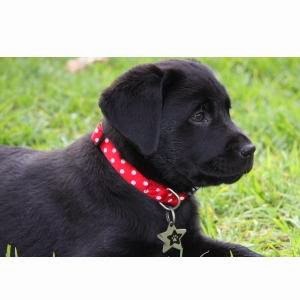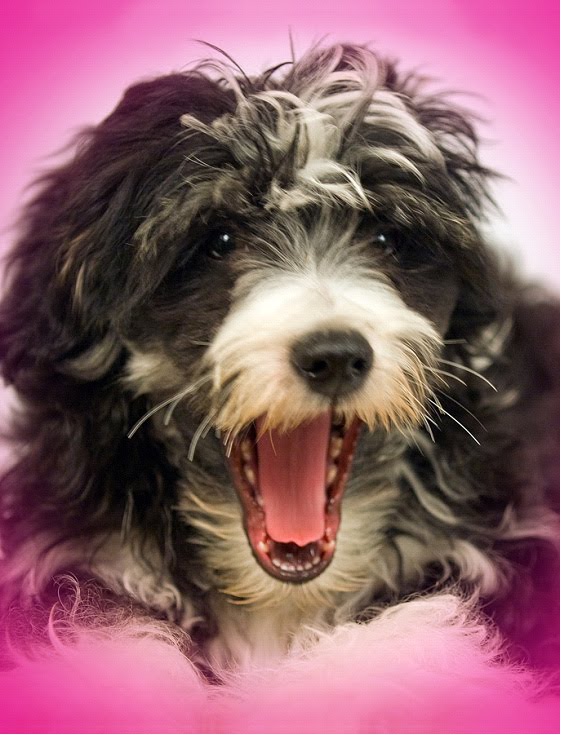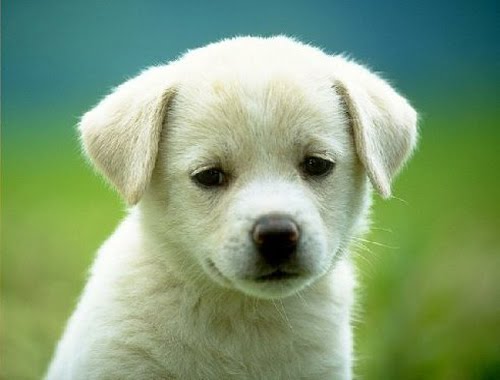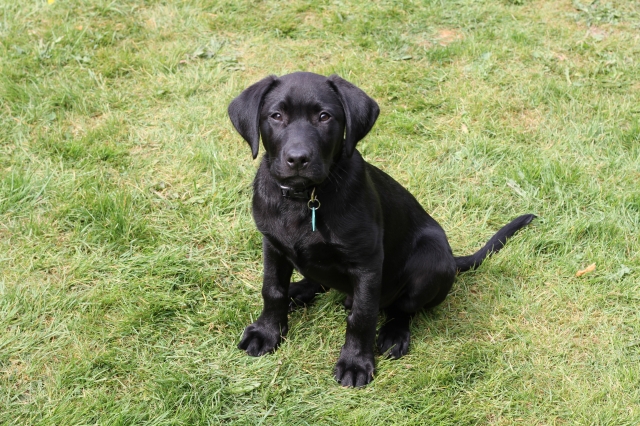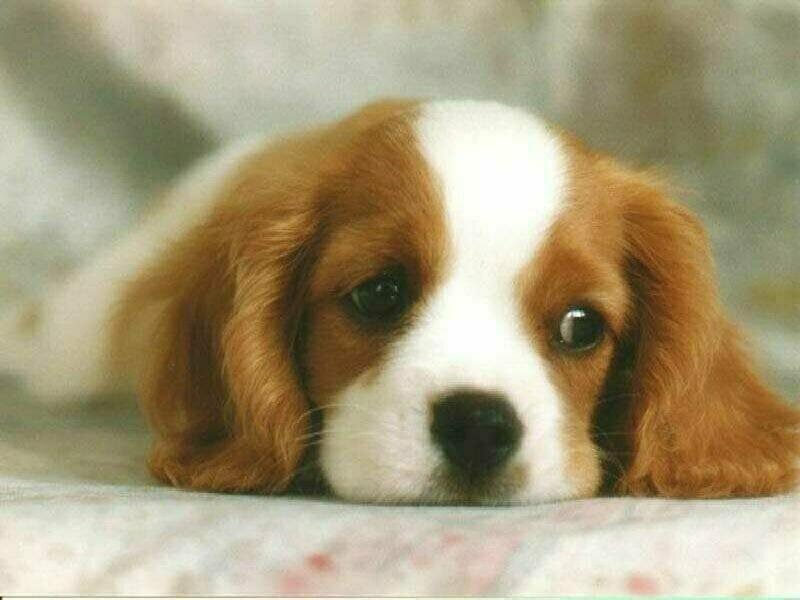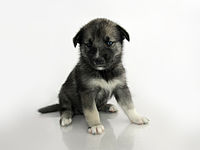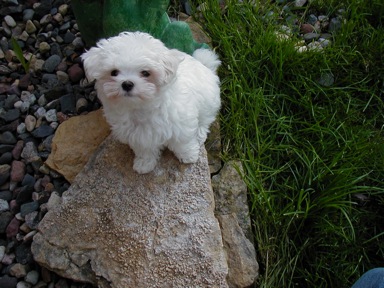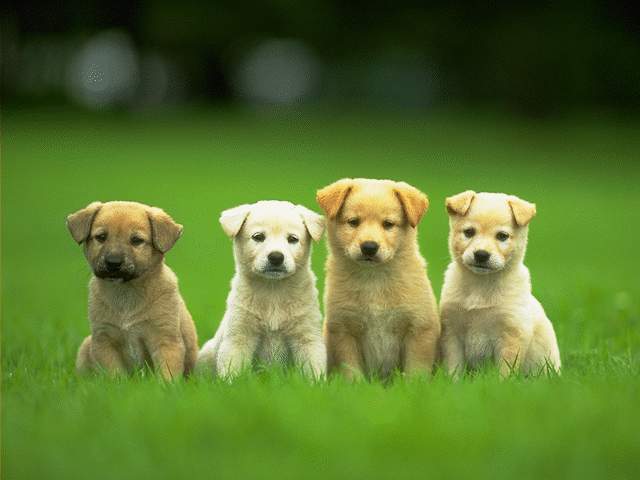 Puppy in the home is always joy because they keep the home brighten. However for the owner it is tough for coaching first time a puppy. Sooner is the better rule for coaching the puppy at the home by the owner. Usually puppy growth is different from the human being in the small age the puppies has the tendency to study more thing at that time he don’t be trained, after that when they grow big they don’t be trained properly. So at the time of training the puppies the owner don’t give the knowledge.
Puppy in the home is always joy because they keep the home brighten. However for the owner it is tough for coaching first time a puppy. Sooner is the better rule for coaching the puppy at the home by the owner. Usually puppy growth is different from the human being in the small age the puppies has the tendency to study more thing at that time he don’t be trained, after that when they grow big they don’t be trained properly. So at the time of training the puppies the owner don’t give the knowledge.Owner should perceive in the minds of the puppy while training is that is to avoid the frustration what they are pondering while training them. While training they have one factor only in their mind to relieving from this training to themselves where they are going to do it at which place they will be set in necessity. Likely in the untrained puppies we can see that they are doing it improperly on the lounge floor. But in the trained puppies it is seen similarly that they do it away from their sleeping quarters or the feeding so that to get some privacy. While training the puppies they should get in the mind that they should select the particular spot from their backyard where their puppies should do their enterprise not in the other place.
There is there principle for coaching the puppies is that they should get feted in the mind that they have to do it their only not the other place and should get the routine circle. The owner should know when the puppy to their really feeling is more prone they should let their puppy go out during these kind of the situation when they are unable to manage their bladder. It is more often seen after having their food or when they are too excited or when they are woken up.
On their pooch to keep extra eye implies on the training. Training puppies exhibits the no of indicator like the sniffing to the ground or with the tail upright strolling round in the circle. Seeing the puppies doing like this the owner should take them out to their designated spot and wait their till they put defecates or there urinate. There are the many times comes when they don’t do anything at that time they should take them inside these will help the puppies by thinking it is not the playing time. After that when they do such thing again and after seeing in their eye peeled take them out for the 10 minutes it will help to get the routine.
Training the puppies is not so simple and the dog should get the few accidents while in the mid of the training. They should be punished for their accidents by they will be perfectly resulted and they will not do such accident due to fear.


